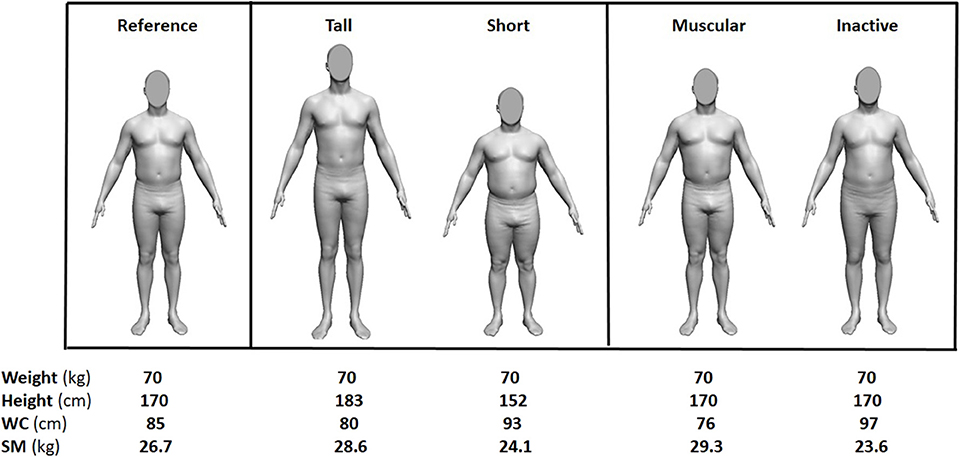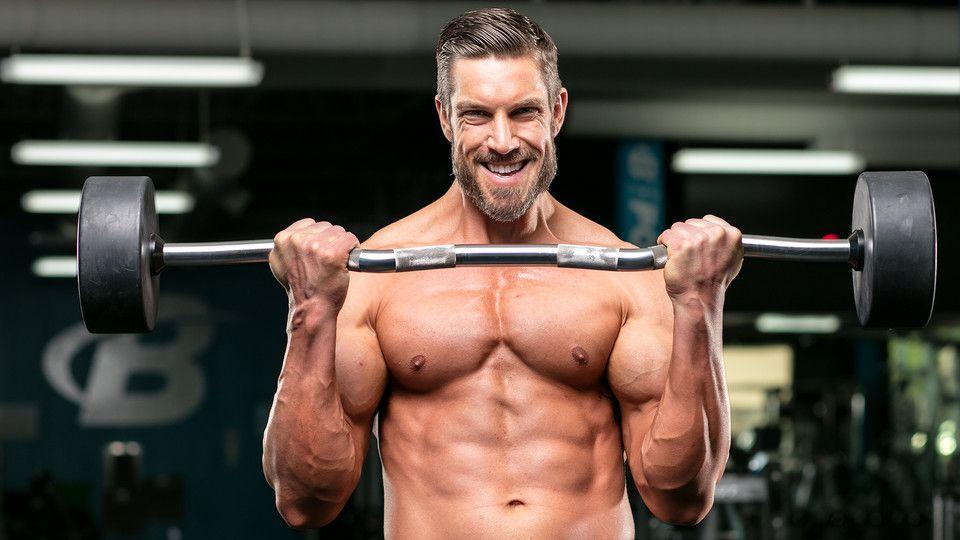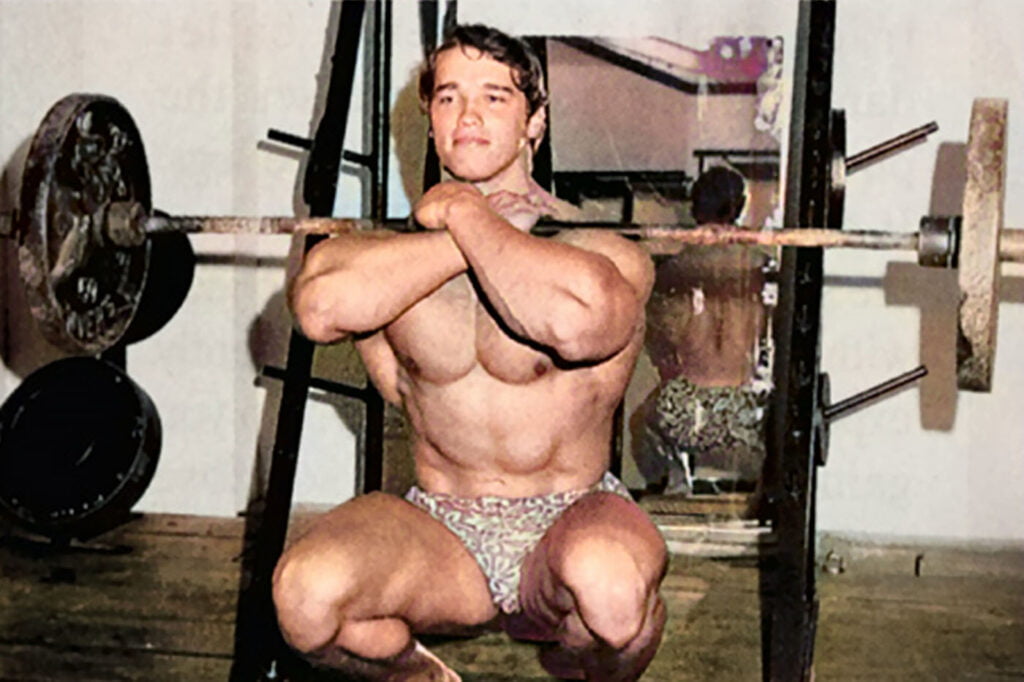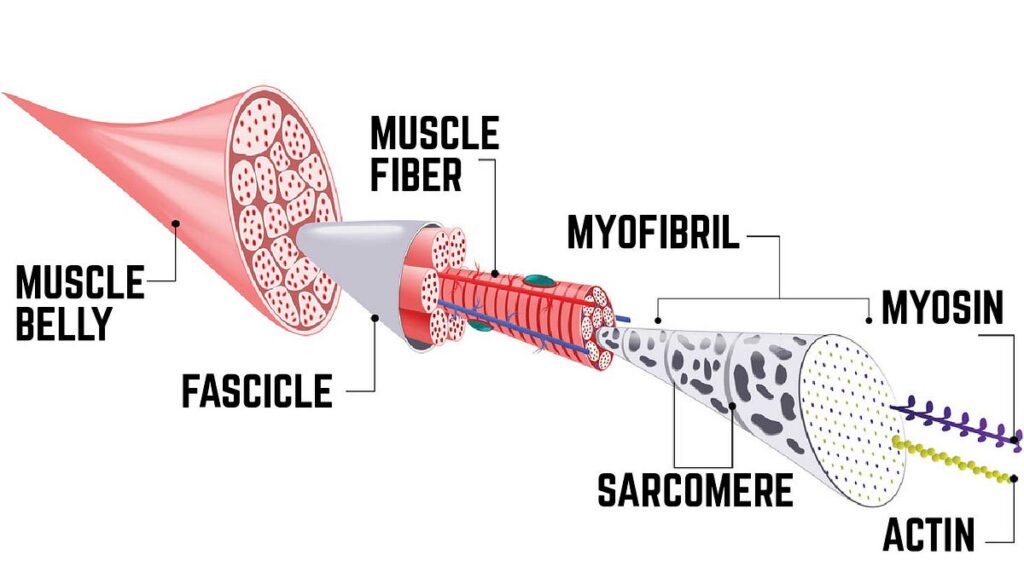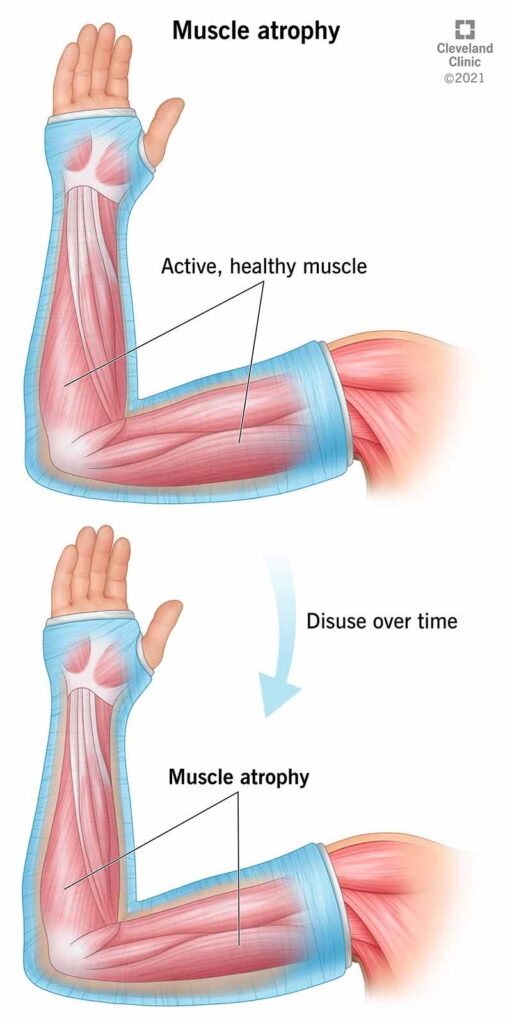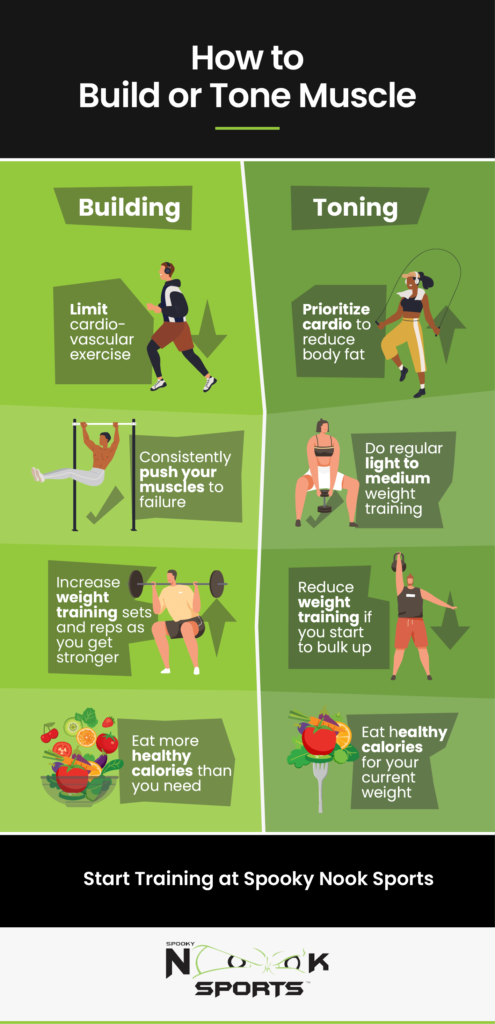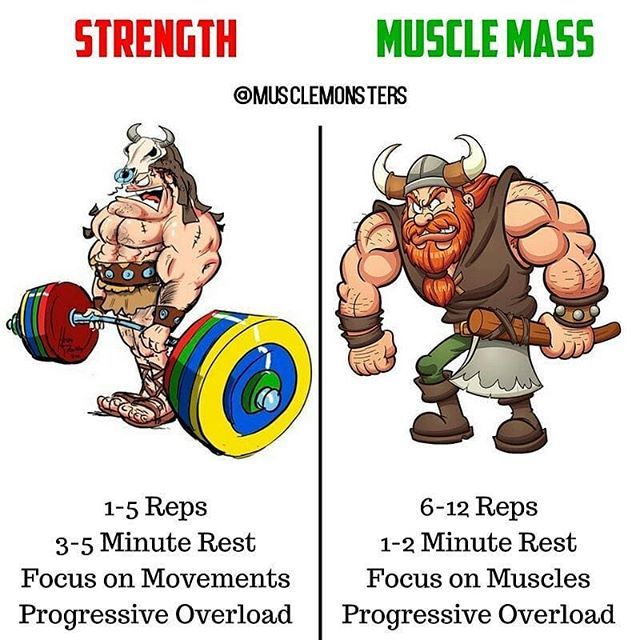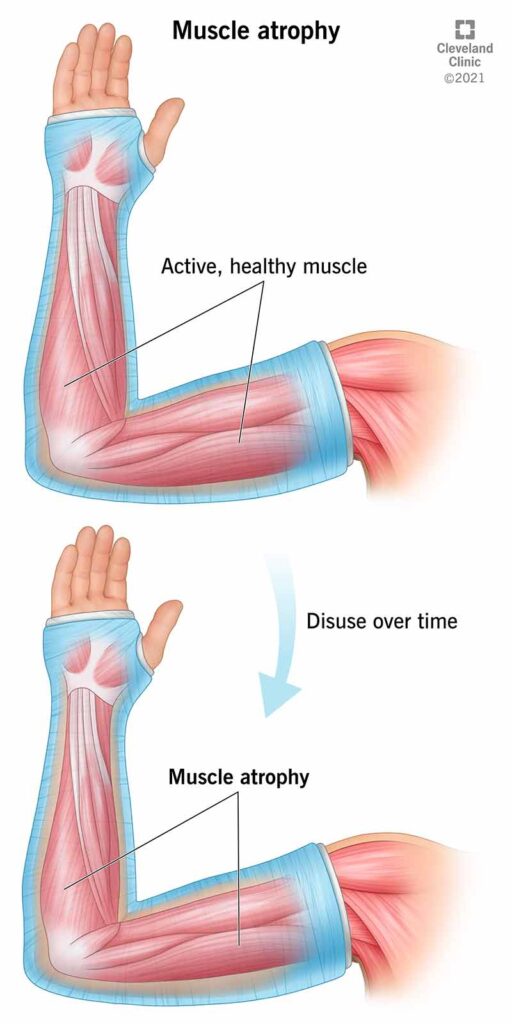Muscles typically need 24 to 48 hours to repair after a workout. Recovery time depends on workout intensity and individual factors.
Muscle repair is crucial for growth and strength. After exercising, muscles experience tiny tears that need healing. Proper recovery ensures optimal muscle performance and reduces injury risk. Rest, nutrition, and hydration are key components of muscle repair. Protein intake supports muscle rebuilding, while sleep aids in overall recovery.
Overtraining can hinder progress and lead to muscle fatigue. Listening to your body and allowing adequate rest periods between workouts is essential. Understanding the muscle repair process helps in planning effective workout routines and achieving fitness goals efficiently.
Muscle Recovery Basics
During muscle recovery, muscle fibers repair and grow stronger. Small tears occur in muscles during workouts. These tears heal during rest periods. Protein synthesis happens, building new muscle tissue. Nutrients play a key role in this process. Hydration also aids in recovery. Blood flow increases, delivering oxygen and nutrients to the muscles. Inflammation reduces as the muscles heal.
Proper recovery prevents injuries and muscle fatigue. It allows muscles to grow and become stronger. Rest days are crucial for muscle health. Stretching helps keep muscles flexible. Sleep is vital for muscle repair. A good diet supports the recovery process. Without recovery, performance can decline. Overtraining can lead to serious problems.
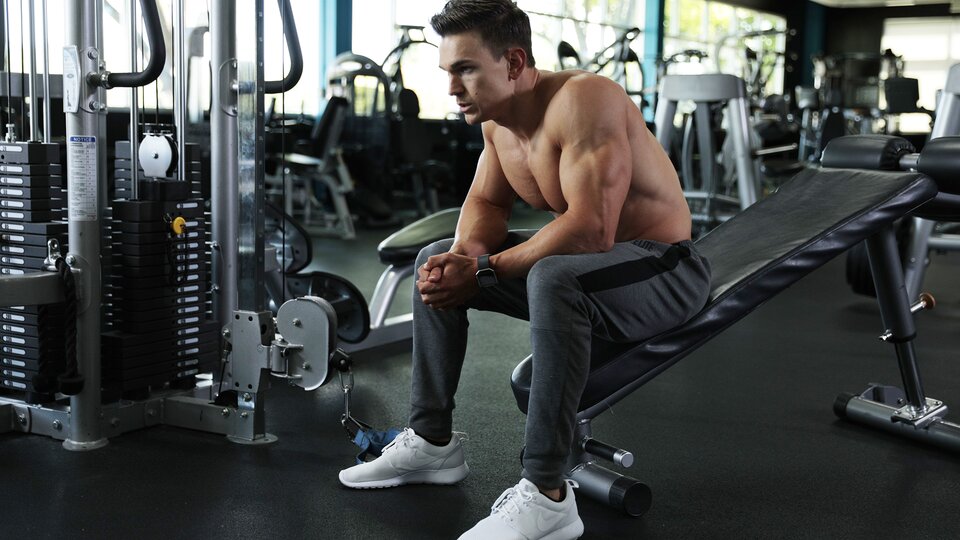
Credit: www.bodybuilding.com
Factors Affecting Recovery Time
Older people may need more time for muscles to repair. Younger people usually recover faster. Genetics play a big role too. Some people heal quicker than others. Family history can affect muscle recovery. Each person is unique in this way.
Different exercises affect muscles differently. Heavy weightlifting might need more recovery time. Light exercises need less time. Intense workouts cause more muscle damage. This means longer recovery periods. Gentle activities can speed up healing.
Nutrition For Muscle Repair
Muscles need proper nutrients to repair and grow. Protein is the most important nutrient. Vitamins and minerals also help muscles recover. Carbohydrates provide the energy needed for workouts.
Protein helps rebuild muscle fibers. It is essential for muscle repair. Amino acids are the building blocks of protein. They help heal muscles faster. Lean meats, eggs, and dairy are good sources. Plant-based proteins like beans and nuts also help.
Effective Rest Strategies
Sleep is crucial for muscle recovery. Deep sleep helps muscles grow and repair. Aim for 7-9 hours of sleep each night. During sleep, the body releases growth hormones. These hormones help in muscle repair. A good night’s sleep can make you feel refreshed.
Active rest includes light activities like walking or stretching. These activities keep blood flowing to muscles. Active rest can reduce muscle soreness. Passive rest means doing nothing. It involves complete rest and helps muscles recover fully. Both types of rest are important for muscle health.
Role Of Hydration
Water is vital for muscle repair. Muscles need water to stay healthy. Dehydration slows down muscle recovery. Drinking water helps remove toxins. Water keeps muscles flexible. It also reduces muscle soreness. Hydration supports nutrient delivery to muscles. This helps them heal faster. Always drink enough water after exercise. It keeps your muscles strong and healthy.
- Drink at least 8 glasses of water daily.
- Carry a water bottle everywhere.
- Drink water before, during, and after exercise.
- Eat water-rich foods like fruits and vegetables.
- Avoid sugary drinks and caffeine.
- Listen to your body and drink when thirsty.
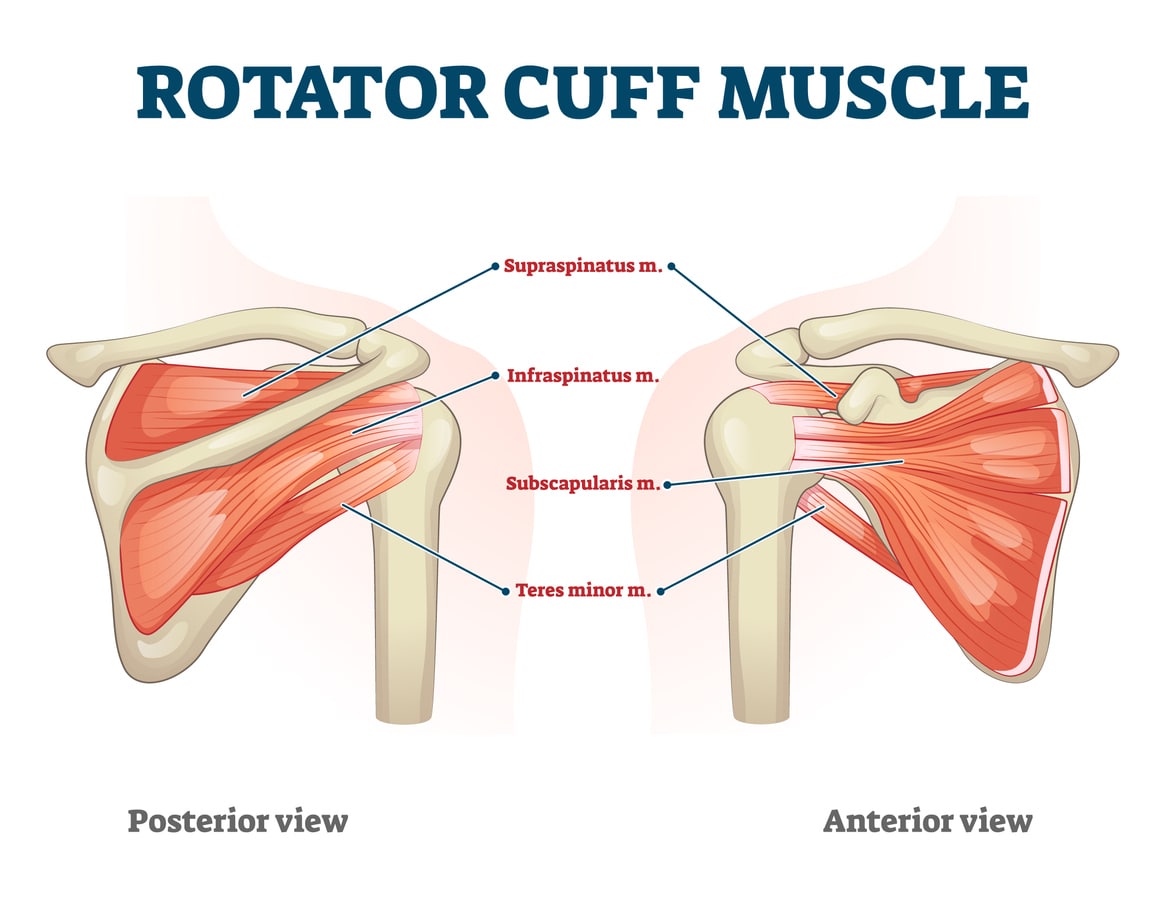
Credit: www.tsaog.com
Injury Prevention
A good warm-up makes muscles ready for action. It helps avoid injuries. Start with light cardio exercises. This increases your heart rate and blood flow. Jogging or brisk walking works well. Follow with dynamic stretches. These stretches mimic your workout moves. They enhance your range of motion. Warm muscles stretch better than cold ones.
Stretching keeps muscles flexible and strong. Flexibility helps prevent injuries. Hold each stretch for 20-30 seconds. Do not bounce or jerk. This could cause muscle tears. Focus on major muscle groups. Include hamstrings, calves, and quadriceps. Stretch after your workout too. This helps muscles cool down slowly. It reduces muscle tightness and soreness.
Supplements And Recovery
Protein powder helps rebuild muscle fibers. Use it after your workouts. Creatine increases strength and boosts recovery. Take it before or after exercise. BCAAs reduce soreness and aid muscle repair. Sip them during your workout. Omega-3 fatty acids fight inflammation. Take them daily with meals. Glutamine supports muscle health and immune function. Use it when you feel tired.
Protein powder is best after workouts. Creatine works well before or after exercise. BCAAs are great during workouts. Omega-3s should be taken with meals. Glutamine is useful when you’re tired.
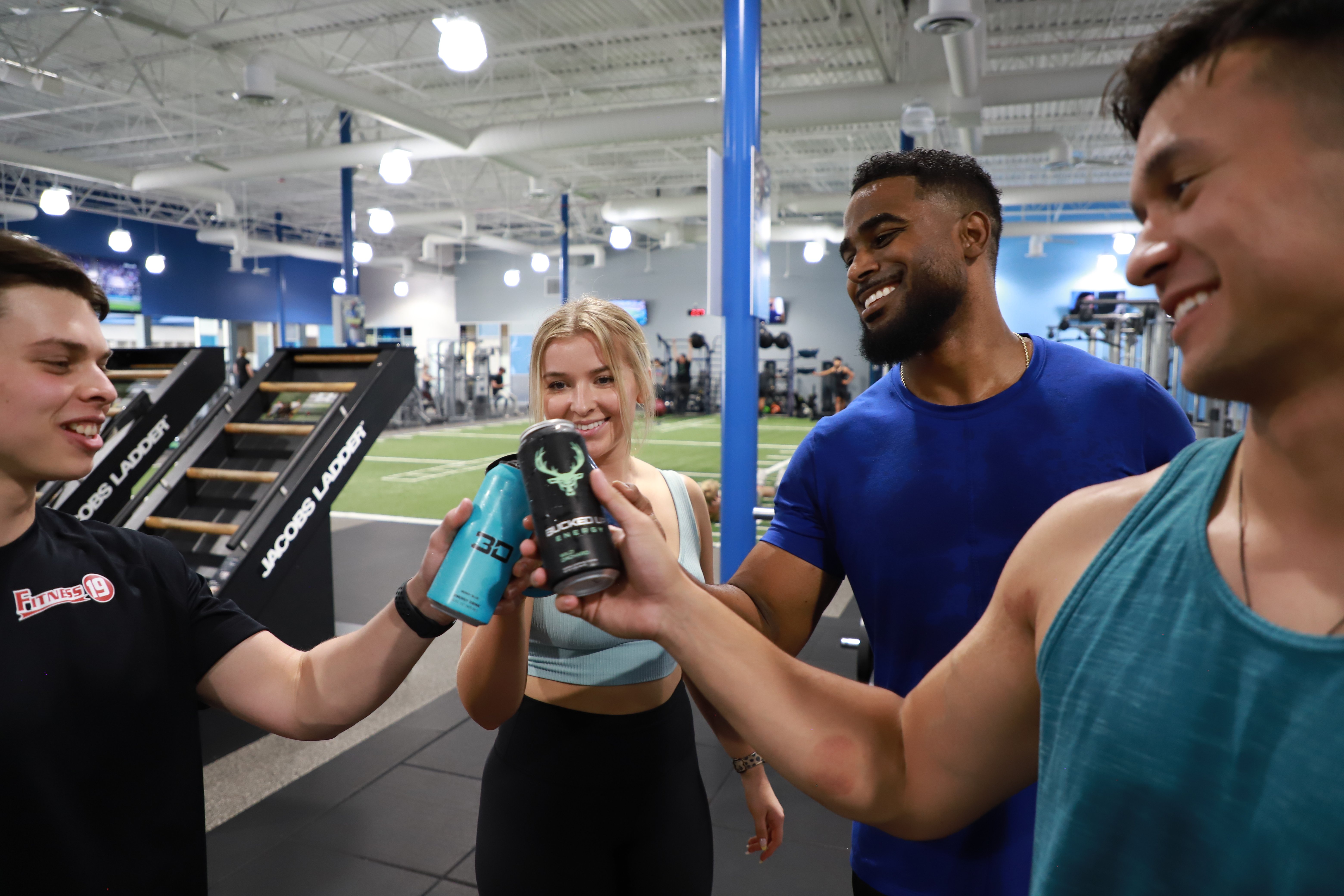
Credit: www.fit19.com
Mental Aspects Of Recovery
The mind and body are closely linked. A positive mindset can boost muscle recovery. Feeling good helps muscles heal faster. Stress or sadness can slow down this process. Breathing exercises and meditation can help.
Managing stress is key for muscle recovery. High stress can harm the body. Find ways to relax daily. Some good options are reading, walking, or listening to music. Practicing these habits can support quicker recovery.
Frequently Asked Questions
How Long Do Muscles Need To Repair?
Muscles typically need 24 to 48 hours to repair after exercise. This time can vary based on workout intensity and individual fitness levels.
What Helps Muscles Recover Faster?
Proper nutrition, hydration, and rest are essential for muscle recovery. Protein intake and adequate sleep also significantly contribute to faster muscle repair.
Can I Work Out With Sore Muscles?
It’s generally safe to exercise with mild soreness. However, avoid intense workouts and focus on light activities to prevent further muscle damage.
Does Sleep Affect Muscle Recovery?
Yes, sleep plays a crucial role in muscle recovery. During sleep, your body repairs and regenerates muscle tissues, making it essential for optimal recovery.
Conclusion
Muscle repair is crucial for growth and strength. Recovery time varies based on intensity, age, and nutrition. Prioritize rest, balanced diet, and proper hydration. Listen to your body to avoid overtraining. With patience and consistent care, your muscles will effectively heal and grow stronger.
Keep pushing forward for optimal health and fitness.


